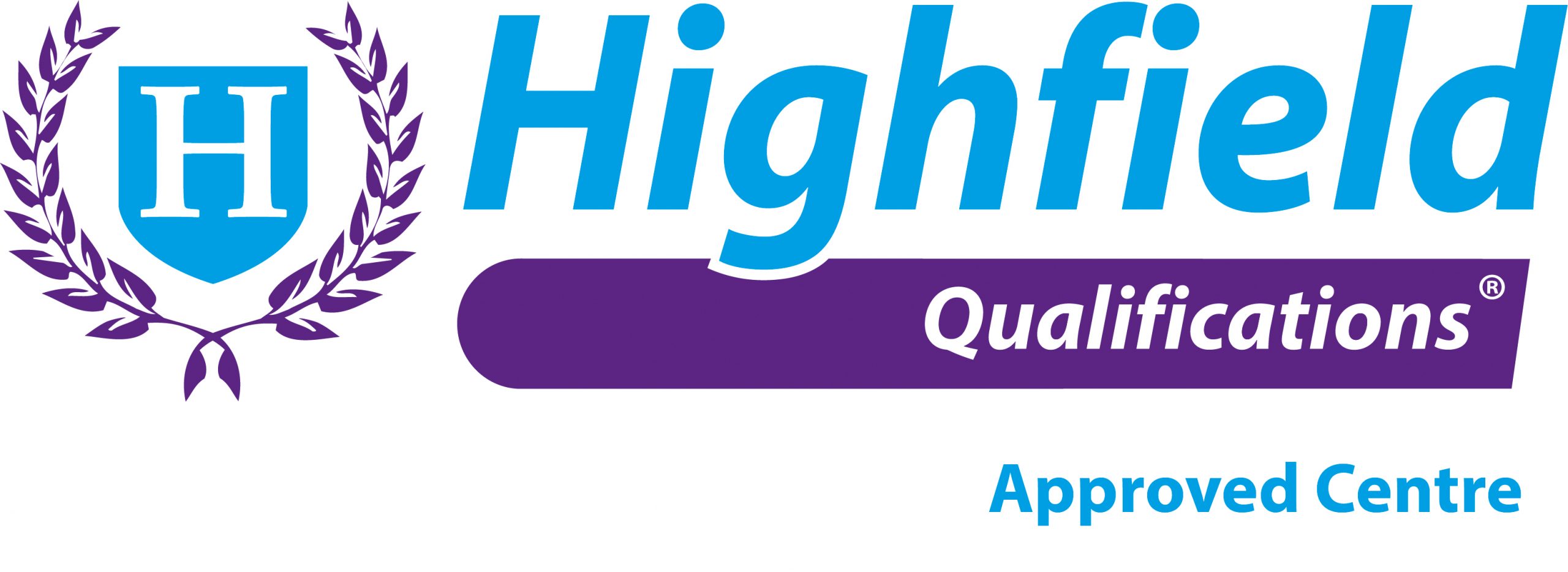Mission Training is Kent’s leading security training academy, providing modern and dynamic frameworks of learning for those wishing to become a professional in the security industry.
About this course
Anyone wanting to work as a door supervisor in the UK, needs a licence to practise issued by the Security Industry Authority (SIA) and one of the things you need to apply for a licence is to have passed a recognised qualification. The Level 2 Award for Door Supervisors in the Private Security Industry is a nationally recognised qualification designed for those who wish to work in the industry. Endorsed by the SIA and regulated by Ofqual, the qualification is awarded to learners who successfully complete four units. This qualification, which is worth 6 credits at Level 2, follows the SIA’s new specification and the unit structure reduces overlap between subject areas making it easier for learners to gain qualifications for additional sectors (CCTV, Security Officer, etc) as they will only need to sit the additional units.
Entry Requirements – all candidates must be 18 or over, and hold a First Aid or Emergency First Aid qualification that meets the requirements of the Health and Safety (First Aid) Regulations 1981, that is valid for at least another 12 months from the start of training course. A copy of your certificate must be provided to us before attending the course.
Each learner must be sufficiently competent in the use of the English language. Please see our policy attached and contact us if you have any concerns.
Course Info
What subjects are covered in the Syllabus?
Principles of Working in the Private Security Industry
• The main characteristics and purposes of the private security industry
• Awareness of the law in the private security industry
• Arrest procedures relevant to security operatives
• The importance of safe working practices
• Fire procedures in the workplace
• Emergencies and the importance of emergency procedures
• How to communicate effectively as a security operative
• Record-keeping relevant to the role of the security operative
• Terror threats and the role of the security operative in the event of a threat
• Keeping vulnerable people safe
• Good practice for post incident management
If you have completed Principles of Working in the Private Security Industry since April 2021 through CCTV or Security Officer training, you must bring your original certificate and unit transcript with you. A copy of this will then be forwarded to our awarding body together with an exemption certificate. Your results will not be uploaded to the SIA until this has been completed.
Principles of Working as a Door Supervisor in the Private Security Industry
• Crimes relevant to door supervision
• Conducting effective search procedures
• Drug-misuse legislation, issues and procedures relevant to the role of a door supervisor
• Preservation of evidence relevant to the role of a door supervisor
• Licensing laws relevant to the role of a door supervisor
• Queue management and venue capacity responsibilities relevant to a door supervisor
• Using equipment relevant to a door supervisor
Application of Conflict Management in the Private Security Industry
• The principles of conflict management to the role
• Recognising, assessing and reducing risk in conflict situations
• Problem-solving techniques
• Communication to de-escalate conflict
Application of Physical Intervention Skills in the Private Security Industry
• Physical interventions and implications of their use
• Risks associated with using physical intervention
• Reducing the risks associated with physical interventions
The aim of attending the Physical Intervention programme is to help you learn a range of methods for establishing physical control where lawful, appropriate and absolutely necessary.
The course addresses different levels of risk, which includes the list below:
To reduce the risk of injury and assault, protect oneself and others against injury and assault, and to disengage from grips and grabs
• Disengagement – this element focuses on basic defensive skills
• Assault avoidance and evasion
• Releases from grips and grabs
• Rescue skills
To guide and escort people safely
• Holding skills – this element focuses on restrictive interventions
• Escorting skills
• Holding skills, limited to application to those who are standing/seated
What Support Material is Available?
On confirmation of your booking you will sent a self-study course book for the first module, Principles of Working in the Private Security Industry. This must be completed and returned before attending on day one of the course.
You will receive the Door Supervisor and Physical Intervention workbooks when you attend on day one. These cover the knowledge required as a minimum standard for entry to the industry, as agreed by the members of the national steering and executive committees. They provide door supervisors with a clear reference as to their duties and responsibilities.
How is it Assessed?
Principles of Working in the Private Security Industry – This unit is assessed by a multiple choice examination consisting of 72 questions. Pass rate 70% (50 correct answers)
Application of Conflict Management in the Private Security Industry – This unit is assessed by a multiple choice examination consisting of 20 questions. Pass rate 70% (14 correct answers)
Principles of Working as a Door Supervisor in the Private Security Industry – This unit is assessed by a multiple choice examination consisting of 50 questions. Pass rate 70% (35 correct answers)
Application of Physical Intervention Skills in the Private Security Industry – This unit is assessed by practical assessment and a multiple choice examination. Throughout the day candidates are assessed on the skills they learn. They must be able to demonstrate numerous techniques whilst following the programme with confidence. This assessment will be visually recorded. The multiple choice examination consists of 30 questions. Pass rate 80% (24 correct answers)
WHAT DO OUR STUDENTS SAY?
- 'Aiesha
- 'Kira
- 'Chris

